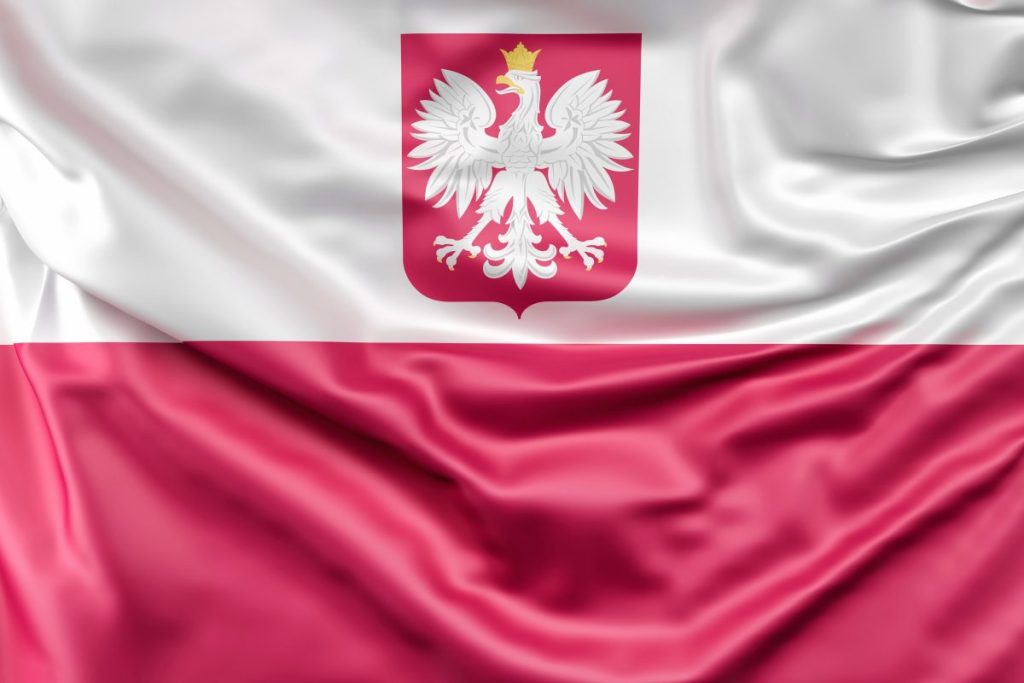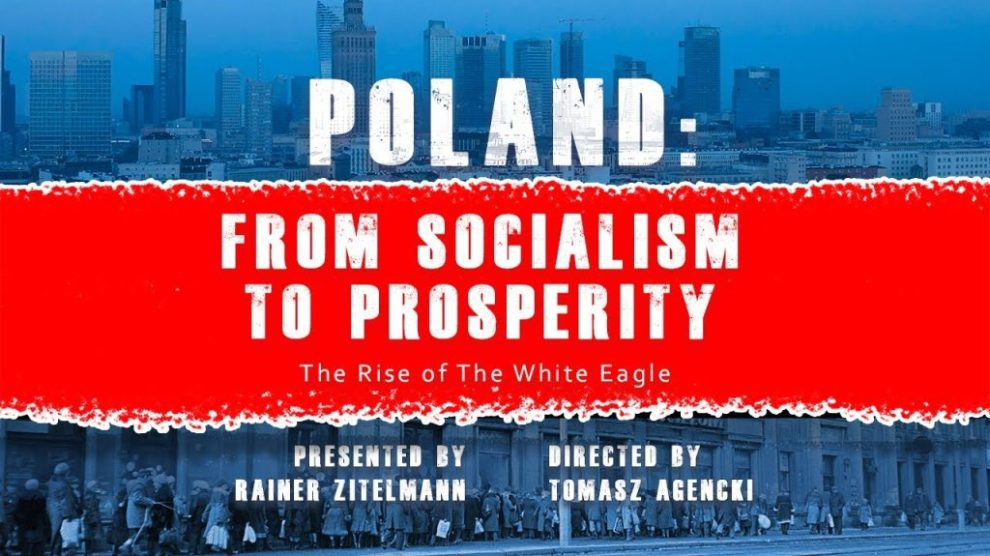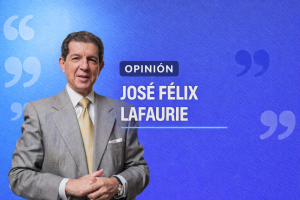![]() El pasado sábado se estrenó en Varsovia mi nuevo documental, Polonia: del socialismo a la prosperidad (el enlace a continuación). La historia reciente de Polonia confirma la superioridad moral del capitalismo.
El pasado sábado se estrenó en Varsovia mi nuevo documental, Polonia: del socialismo a la prosperidad (el enlace a continuación). La historia reciente de Polonia confirma la superioridad moral del capitalismo.
La historia
Hacer fila se convirtió en una ciencia de pleno derecho en la Polonia socialista: con colas por todas partes y personas que a menudo tenían que esperar horas y horas, incluso varios días, en el caso de los muebles o de los productos para el hogar, surgieron algunos “sistemas inteligentes”.
Uno de ellos se llamaba lista de línea, el cual, se usaba cuando las personas tenían que esperar días, no horas. En esa situación, se hacía una lista de todas las personas que esperaban en la fila para que no tuvieran que estar físicamente allí todo el tiempo. Cada par de horas, la lista se leía en voz alta y las personas debían registrar su presencia; si ya no estaban en la fila, se les tachaba de la lista. El cronograma para tomar el registro se anunciaba con anticipación. Cuando el período de espera era de días y no de horas, las personas debían presentarse tres o cuatro veces al día. Algunas personas se ausentaban del trabajo, otras simplemente pedían a los supervisores que las dejaran ir y regresaban rápidamente, y algunas pagaron a otras para que se registraran a su nombre (se le llamaba “contratar a un stander”). La custodia de la lista de línea estuvo a cargo del autoproclamado comité de línea.
Tenías que conocer al vendedor en una zapatería que podría venderte un par de zapatos, al que luego le darías como soborno a un tipo que podría venderte una bicicleta que luego le darías al panadero para pagar el pastel de bodas para la hija de tu electricista. Según Karl Marx, el socialismo no era más que una etapa de transición al comunismo. Bajo el comunismo, según su línea de razonamiento, “todas las personas podrían vivir de acuerdo con sus necesidades”. Sin embargo, los polacos que hicieron fila durante horas –o días– para obtener las necesidades básicas en la vida, enfrentaron la realidad de la visión de Marx con burla. Una broma popular en Polonia era:
–“¿Cómo se resolverá el problema de las filas fuera de las tiendas cuando alcancemos el comunismo pleno?”
–“¡No quedará nada por lo que hacer fila!”.
Nada de esto fue hace mucho tiempo. Todos los anteriores informes describen la situación en Polonia en la década de 1980, que estaba a un mundo de distancia de la Polonia actual: desde 1989, el producto interno bruto per cápita de Polonia se ha triplicado.
Los resultados
Polonia ha registrado un crecimiento económico real medio del 3,5 por ciento anual. La economía del país creció hasta convertirse en la sexta más grande de la Comunidad Europea en las décadas posteriores al lanzamiento de las reformas de la economía de mercado. Polonia ha tenido la economía de más rápido crecimiento en Europa desde las reformas de 1989 y es ampliamente considerada como el Campeón del Crecimiento de Europa.
The Heritage Foundation ha estado publicando el Índice de Libertad Económica todos los años desde 1995. Polonia ocupa el puesto N.º 40 con una puntuación de 67,7, lo que no parece característicamente notable al principio y, ciertamente, no se encuentra entre las puntuaciones más altas. Sin embargo, sí significa que Polonia es económicamente más libre que España, Hungría, Francia o Italia, por ejemplo. Pero mucho más importante que la clasificación absoluta, es el cambio relativo de un país desde 1995, y en esta medida, Polonia ocupa el primer lugar.
Según datos del Banco Mundial, el PIB per cápita en 1989 era el 30 % de la cifra correspondiente en los Estados Unidos y había aumentado al 48 % del nivel de los norteamericanos en 2016. Tales ganancias se hicieron sentir en la vida de las personas. Los ingresos de los polacos aumentaron de unos USD$ 10.300 en 1990, ajustados por poder adquisitivo, a casi USD$ 27.000 en 2017; en comparación con la UE-15, los ingresos de los polacos eran menos de un tercio en 1989 y habían aumentado a casi dos tercios en 2015.
Lamentablemente, la libertad económica en Polonia hoy está bajo amenaza, particularmente, desde 2015, cuando el partido político PiS (Ley y Justicia) asumió el poder: el gasto en programas de bienestar social aumentó, las privatizaciones se detuvieron en gran medida, e incluso los bancos y las empresas que ya habían sido privatizadas se transfirieron nuevamente a manos del Estado.
En resumen, Polonia está en proceso de abandonar el camino de la economía de mercado que hizo que el país tuviera tanto éxito. Sin embargo, esto no resta valor a la historia de éxito de Polonia en 25 años desde 1990 hasta 2015.

My new film premiered in Warsaw last Saturday, Poland: From Socialism to Prosperity (the link below). The Poland’s recent history confirms the moral superiority of capitalism.
The story
Standing in line developed into a fully-fledged science in socialist Poland: With lines everywhere and people often having to wait for hours and hours, or even several days, in the case of furniture or household products, some clever “systems emerged”.
One of them was called the line list, which was used when people had to wait for days, not hours. In that situation, a list was made of all the people waiting in line so that they didn’t need to physically be there all the time. Every few hours the list was read aloud, and people needed to register their presence; if they were no longer in line, they would be crossed of the list. The schedule for taking the register was announced ahead of time. When the waiting period was days not hours, people needed to report three to four times a day. Some people took a leave of absence from work, some just asked supervisors to let them go and come back quickly, and some paid others to register on their behalf (it was called “hiring a stander”). Custody over the line list was taken care of by self-proclaimed line committee.
You had to know the salesperson in a shoe shop, who could sell you a pair of shoes that you would then present as a bribe to a guy that could sell you a bicycle that you would then give to the baker to pay for the wedding cake for your electrician’s daughter. According to Karl Marx, Socialism was nothing more than a transitional stage to Communism. Under Communism, so his line of reasoning went, “all people would be able to live according to their needs”. The Poles who stood in line for hours –or days– to get the bare necessities of life, however, faced the reality of Marx’s vision with derision. One popular joke in Poland was:
– “How will the problem of queues outside shops be solved when we reach full Communism?”
– “There will be nothing left to stand in line for!”
None of this was all that long ago. The above reports all describe the situation in Poland in the 1980s, which was a world away from today’s Poland: since 1989, Poland’s gross domestic product per capita has increased threefold.
The results
Poland has recorded average real economic growth of 3.5 percent per year. The country’s economy grew to become the sixth largest in the European Community in the decades following the launch of market-economy reforms. Poland has had the fastest growing economy in Europe since the 1989 reforms and is widely regarded as Europe’s Growth Champion.
The Heritage Foundation has been publishing the Index of Economic Freedom every year since 1995. Poland ranks 40th with a score of 67.7, which does not seem characteristically remarkable at first and is certainly not among the highest scores. Nevertheless, it does mean that Poland is more economically free than Spain, Hungary, France, or Italy, for example. But of far greater importance than the absolute rank is a country’s relative change since 1995, and on this measure, Poland does come out on top.
According to data from the World Bank, GDP per capita in 1989 was 30 percent of the corresponding figure in the U.S.and had risen to 48 percent of the Americans level by 2016. Such gains made themselves felt in people’s lives. The income of Poles grew from about USD 10,300 in 1990, adjusted for purchasing power, to almost USD 27,000 in 2017; in comparison with the EU-15, the income of Poles was less than one-third in 1989 and had risen to almost two-thirds in 2015.
Unfortunately, economic freedom in Poland today is under threat, particularly, since 2015, when the PiS party (Justice and Law) took power: spending on social welfare programs has surged, privatizations have largely been halted, and even banks and businesses that had already been privatized have been transferred back into the hands of the State.
In short, Poland is in the process of abandoning the market economy path that made the country so successful. Nevertheless, this does not detract from the success story of Poland in 25 years from 1990 to 2015.
Este artículo apareció por primera vez en nuestro medio aliado El Bastión. | This article appeared for first time in our ally media El Bastión.













Comentar